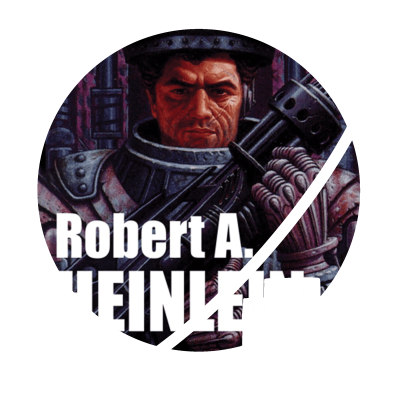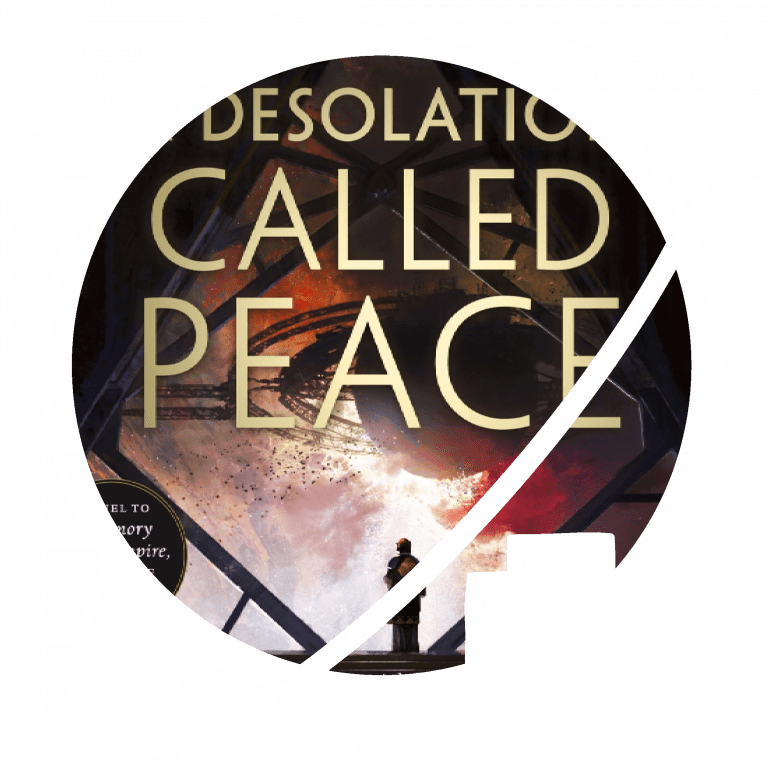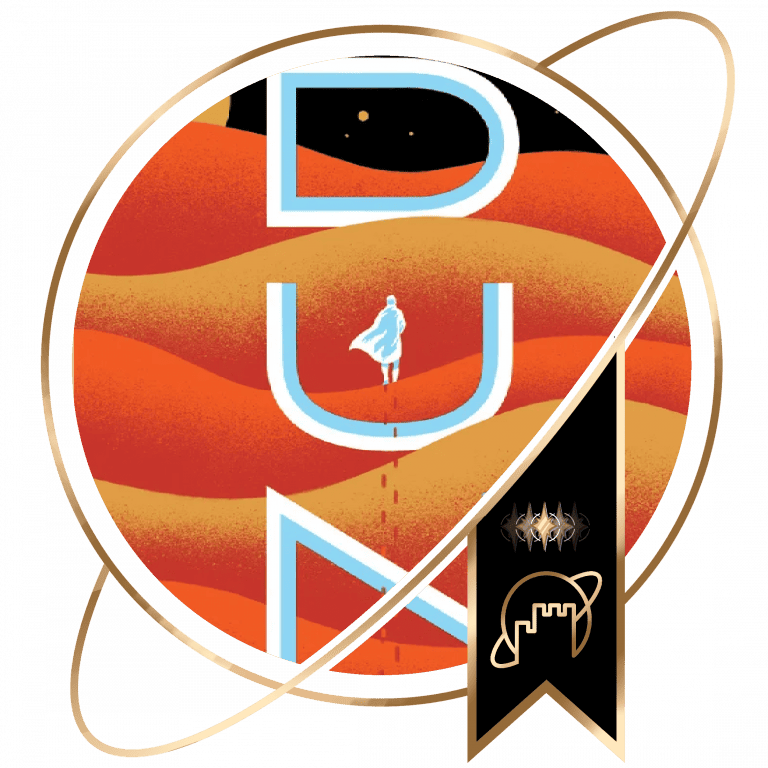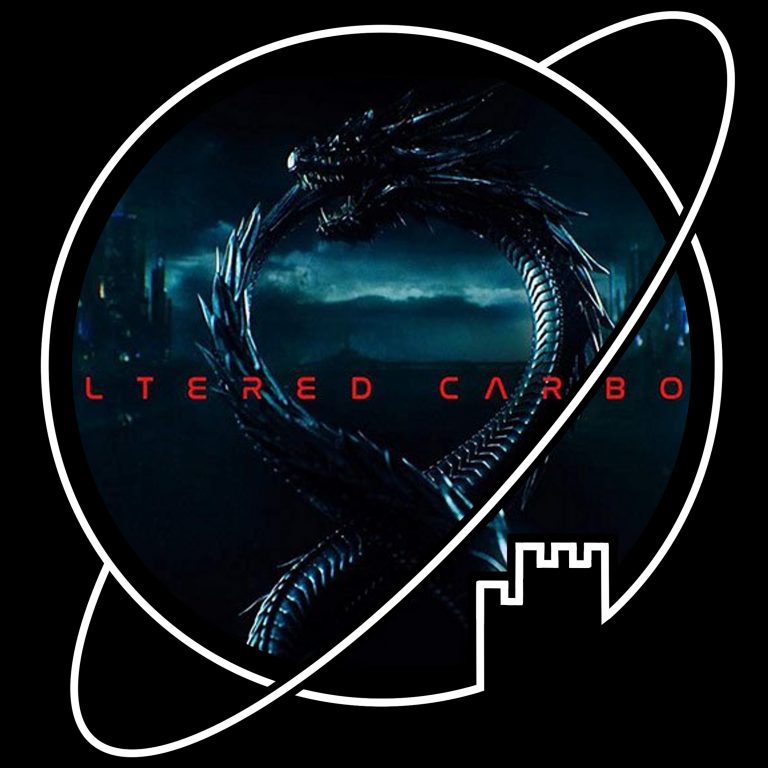- Book written by Robert A. Heinlein
- Published 5 November 1959
- Standalone


The Paul Verhoeven movie is probably better known than Heinlein’s novel, but Starship Troopers is just as much a classic in print sci-fi as it is in Hollywood blockbusters.
The stories are completely different, however.
Where the movie is an angry commentary on the futility of dying for a fascist government, the novel is probably best described as salivating over how cool super-trained human soldiers in power armour can be. Basically, Warhammer 40.000 without the irony (so… just modern 40k then?).
Starship Troopers glorifies the military, and it is clearly intended for an audience that likes that. It’s also very conservative in its philosophy (though I’ve also heard it described as libertarian – I guess it doesn’t neatly fit in one box. For example, race is depicted as a non-issue for once). I’m not going to lie, it fits in a certain societal niche so well it made me slightly uncomfortable at times. Then again, the book was written in the 1950s and Heinlein has been dead for over three decades so it is probably best to look at it with some distance.
Political message aside, I think Starship Troopers is actually well-written, if perhaps overly detailed on military organisation. It has surprisingly easy-flowing prose for the level of detail, and is well-paced overall due to a couple of nice flashback scenes.
Starship Troopers builds tension well, especially towards the drops Johnny participates in, and releases tension well when he returns to safety. Starship Troopers reads like a WWII diary, except Johnny Rico is fighting Bugs on Klendathu rather than Germans in the Ardennes or the Japanese in the Pacific.
And that’s its strength as well as its weakness. The enemies are Bugs and the Mobile Infantry suits are cool, but apart from that… it’s just a novel about a guy in an imaginary war that makes war seem really cool. Yes, there is some discussion of philosophy and moral virtue, but it is really heavy-handed and kind of juvenile, to be honest. It makes you wonder whether Heinlein somehow felt like he ‘missed out’ due to leaving the US Navy ahead or WWII.
While Starship Troopers has been influential, I don’t really think it a necessary read in the 2020s. Its technological ideas have been internalised in science fiction to the extent that there is really very little in the book that is new or surprising, and again the right-wing philosophy is bordering on icky (’moral decline’ bullshit, advocacy for corporate and and capital punishments, for example…). In some ways, Starship Troopers feels like the most bland Hollywood-science-fiction-for-men-with-lots-of-testosterone-script ever put to paper.
It actually makes you rather glad Paul Verhoeven decided to go for a satirical take rather than a straight up adaptation. As a result the movie stands out from the pack more than the book does.








